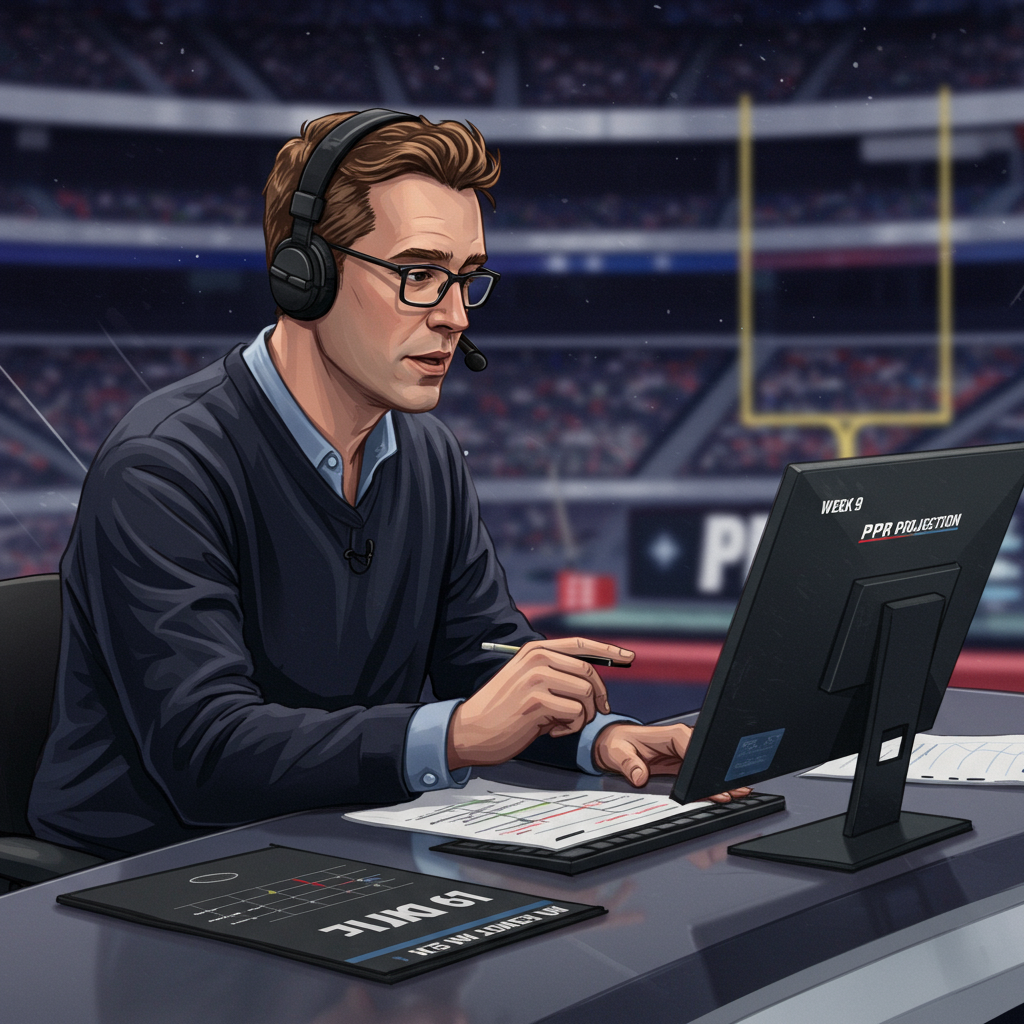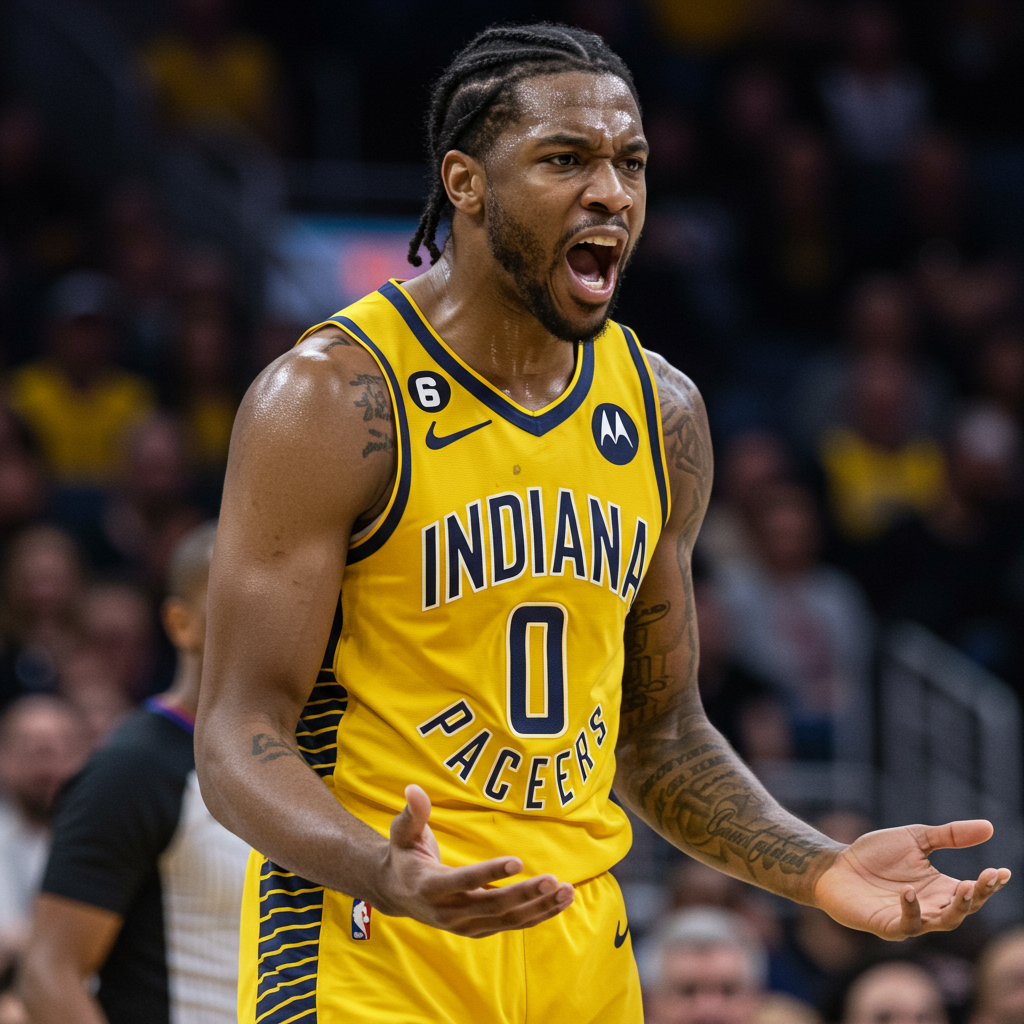The high-stakes world of Formula 1 driver transfers is rarely quiet, and the 2026 season is already generating intense speculation. At the heart of the current F1 driver market intrigue is reigning champion Max verstappen and his long-term future at Red Bull Racing. While Verstappen holds a contract reportedly tying him to the team until the end of 2028, whispers of a potential mega-money move to Mercedes continue to circulate.
Speaking at the British Grand Prix weekend, Red Bull team principal Christian horner weighed in on the persistent rumours. Horner didn’t just address the speculation; he pointed a finger directly at Mercedes driver George Russell, suggesting Russell himself is intentionally fueling the narrative around verstappen’s possible departure.
Horner’s View: Blame Placed on Russell
Christian Horner didn’t mince words when asked about the relentless talk linking his star driver to a rival team. He asserted his belief that Max Verstappen’s “absolute intention” remains to stay with Red Bull for the transformative 2026 season. Despite this stated confidence, Horner quickly shifted focus, suggesting the recent intensification of the Mercedes rumours stems not from Red Bull or Verstappen’s camp, but from outside forces – specifically, George Russell.
According to Horner, Russell, whose current contract with Mercedes is set to expire at the end of 2025 despite a strong season, is trying to “leverage his own situation.” Russell recently commented that ongoing discussions about Verstappen’s availability were causing delays in finalizing his own new deal with Mercedes. Horner believes Russell’s comments were a calculated move to “force clarity” on his future with the Brackley-based squad, inadvertently (or intentionally) pushing the Verstappen-to-Mercedes story into the spotlight. “Probably George triggered all this speculation,” Horner stated, implying Russell was trying to gain an advantage in his own contract negotiations.
Horner acknowledged that Verstappen is a driver of “huge interest to any other team.” However, he stressed the crucial element of “clarity that exists between Max and the team,” insisting their internal situation is “very clear.”
Is Russell a Viable Red Bull Alternative?
While placing the blame for speculation on Russell, Horner also briefly touched upon Russell’s own situation. He found it “remarkable” that George Russell was “still on the market,” given his talent and performance. However, he quickly dismissed the idea of Red Bull pursuing the British driver, confirming, “We haven’t engaged in any discussion with George.” He suggested Russell appeared confident in securing his place at Mercedes. Horner highlighted Red Bull’s own driver depth, mentioning drivers within the Racing Bulls sister team and promising junior talent like Arvid Lindblad.
The Contract Conundrum: Are Exit Clauses Active?
Beneath the surface of Horner’s public statements lies the undeniable complexity of Max Verstappen’s contract. While tied to Red Bull until 2028, it’s widely accepted that the agreement contains performance-related exit clauses. Horner himself referenced an “element of a performance mechanism” within the contract, confirming such provisions exist.
Historically, there was speculation that a clause might trigger if Verstappen finished below a certain championship position, like fourth, by mid-season. However, recent claims from former Red Bull driver Robert Doornbos, reportedly close to Verstappen’s inner circle, paint a different picture. Doornbos asserts the condition is triggered by being outside the top two positions in the championship halfway through the year. Given Verstappen’s current position in the standings, Doornbos’s claim suggests this critical exit clause could potentially be already active. This possibility adds significant weight to the ongoing speculation and could provide Verstappen with genuine leverage should he wish to explore options.
Beyond the Contract: Underlying Tensions and Doubts
While contractual specifics are key, other significant factors contribute to the persistent rumours about Verstappen’s future, which extend far beyond George Russell’s commentary.
Internal Friction within Red Bull
Significant tensions have reportedly brewed within the Red Bull organization, particularly between Christian Horner and Max’s father, Jos Verstappen. This internal friction is believed to be a major contributing factor to the unease surrounding Max’s long-term commitment. The Verstappen camp is rumoured to be using this leverage to push for changes within the team’s leadership structure.
Performance Concerns and Development Pace
Jos Verstappen has publicly voiced concerns about Red Bull’s performance and development rate compared to rivals. He has noted that teams like Ferrari and McLaren appear to be making significant strides, while Red Bull’s recent upgrade package introduced in Austria seemingly failed to impress him. Jos Verstappen criticized the lack of speed, stating the situation was “just not going well enough.” This public dissatisfaction from a key figure in Max’s camp adds credence to the idea that performance concerns are a real consideration. The timing of Horner’s comments at Silverstone coincided with a tricky FP1 session where Max Verstappen was only 10th fastest and reportedly unhappy with his car’s balance, underscoring that recent performance hasn’t been dominant.
The Crucial 2026 Engine Question
Perhaps the most significant factor driving long-term speculation is the uncertainty surrounding the 2026 engine regulations. Red Bull is developing its own in-house power unit with Ford for the new era, while Mercedes is widely expected to produce a highly competitive engine. Paddock insiders believe Verstappen’s interest in Mercedes is heavily influenced by concerns over Red Bull’s engine project compared to Mercedes’. Red Bull advisor Dr. Helmut Marko has admitted they cannot yet definitively prove the competitiveness of their 2026 engine to Verstappen, adding to the doubt.
Red Bull’s Awareness and Future Planning
Despite Horner’s public confidence in Verstappen’s intention to stay, Red Bull is clearly aware that the prospect of losing their star driver “exists.” Horner emphasized the importance of the “relationship between the driver and team,” which he said was clear. However, he also conceded that the team “always has to keep looking and investing in the future,” acknowledging the need for contingency planning. He remained coy about specific alternatives, even jokingly referencing McLaren’s Oscar Piastri as a potential “Plan B” – a clear deflection highlighting the sensitivity of the topic.
The Transformational 2026 Regulations
A key element influencing all driver decisions, as Horner highlighted, is the massive rule change coming in 2026. These regulations, encompassing both chassis and power units, represent arguably the “biggest rule change” in Formula 1 in the last 50 years. This fundamental shift means “Nobody with hand on heart can know what the pecking order is going to be.”
Horner stressed the inherent “subjectiveness” of the 2026 landscape. He argued it won’t be until around this time next year that teams will have a clear indication of who will be competitive. This uncertainty makes any potential move a gamble, as “no guarantees that jumping into a Mercedes car would automatically be a better proposition” exist.
Recent On-Track Dynamics: Adding Context
The relationship and dynamics between Max Verstappen and George Russell have been under scrutiny recently. At the Spanish Grand Prix just before the British GP, the pair had a controversial on-track clash while battling for position. Verstappen was ultimately penalized for the incident and received penalty points bringing him perilously close to a race ban. While Verstappen publicly accepted blame for that specific incident, it highlights a recent instance of direct conflict between the two drivers now linked through transfer speculation.
Furthermore, the British GP weekend itself saw Verstappen struggling for outright pace in the initial practice sessions, finishing P10 in FP1. This immediate performance context, even if only from a single practice session, adds another layer to the discussion about Red Bull’s current form and future prospects as rivals like Ferrari (Hamilton topped FP1) and McLaren (P2 and P3) showed strong pace.
Frequently Asked Questions
What is the “performance mechanism” in Max Verstappen’s Red Bull contract?
Max Verstappen’s extensive contract with Red Bull, running until 2028, is confirmed to contain performance-based exit clauses. While specifics aren’t public, these mechanisms typically allow a driver to leave the team early if performance falls below a predefined level, often linked to championship position or car competitiveness by a certain deadline. Recent claims suggest the trigger might be failing to be within the top two championship positions by mid-season, a threshold potentially met currently.
Why does Christian Horner believe George Russell is fueling Verstappen-to-Mercedes rumours?
Christian Horner suggested that George Russell, facing uncertainty over his own future at Mercedes with his contract expiring at the end of 2025, is intentionally discussing Verstappen’s potential availability. Horner believes Russell is doing this to leverage his own position and pressure Mercedes into finalizing his contract extension, thereby inadvertently (or purposefully) intensifying the speculation around Verstappen as a potential replacement for Lewis Hamilton at Mercedes in 2026.
Beyond contracts, what other factors are driving Max Verstappen’s future speculation?
Several factors contribute to the speculation beyond contract clauses. These include reported internal tensions and political friction within the Red Bull team, particularly involving Max’s father, Jos Verstappen; public criticism from Jos Verstappen regarding Red Bull’s recent performance and development pace compared to rivals; and significant uncertainty within the paddock about the competitiveness of Red Bull’s new in-house engine for the major regulation changes in 2026 compared to rival power unit manufacturers like Mercedes.
Conclusion: Navigating the Noise
Christian Horner’s strong comments place George Russell squarely in the frame for contributing to the persistent Max Verstappen-to-Mercedes rumours. While Horner maintains Verstappen’s intention is to stay, the existence of performance clauses, coupled with claims they may already be active, adds undeniable complexity.
Crucially, underlying issues like team tensions, performance development concerns, and the significant question mark over Red Bull’s 2026 engine project provide genuine reasons why Verstappen might consider his options. The upcoming regulation overhaul adds another layer of unpredictability, meaning no team can guarantee future success. As the F1 driver market churns ahead of the pivotal 2026 season, the situation surrounding the sport’s most sought-after driver remains fluid and intensely watched.
Word Count Check: 1065


